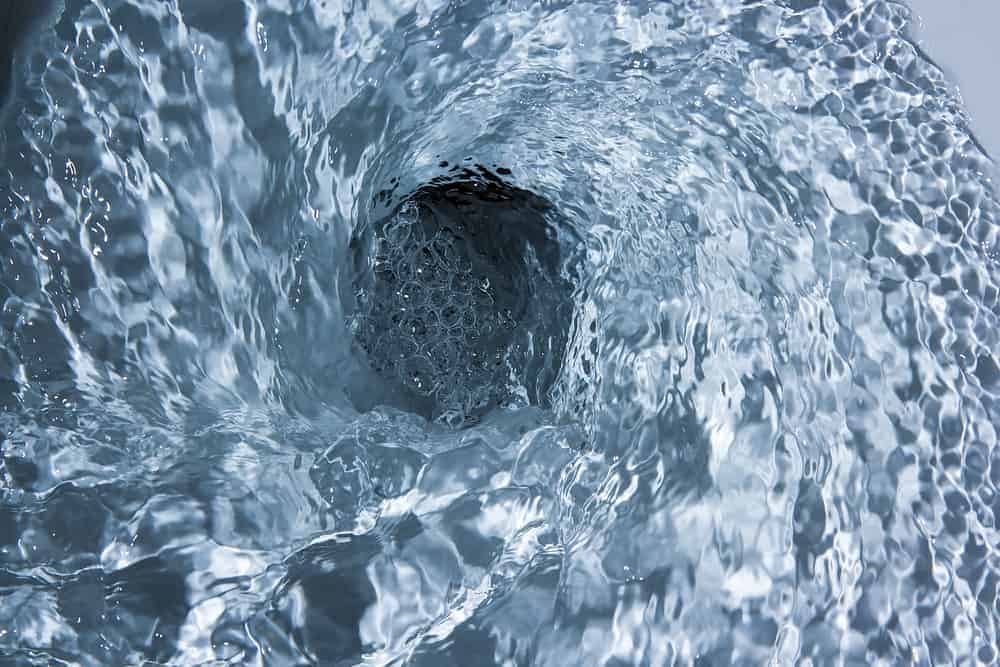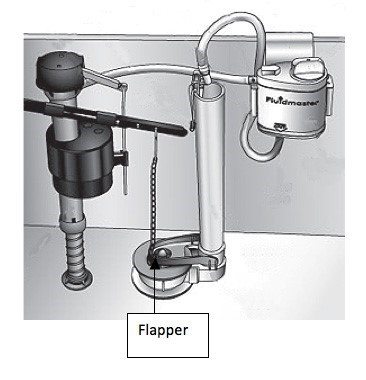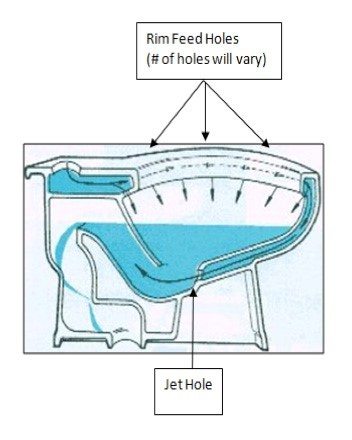What is personal hygiene?
Personal hygiene includes:
- cleaning your body every day
- washing your hands with soap after going to the toilet
- brushing your teeth twice a day
- covering your mouth and nose with a tissue (or your sleeve) when sneezing or coughing
- washing your hands after handling pets and other animals
Why is personal hygiene important?
Good hygiene is vital because it helps prevent you and your children from getting or spreading germs and infectious diseases. The germs that cause many diseases can be passed on through touching other people, getting faeces (poo) on your hands, handling contaminated food and coming into contact with dirty surfaces or objects.
Conditions that you can develop if you have poor personal hygiene include:
- diarrhoea, especially gastroenteritis
- respiratory infections, including colds and flu
- staph infections
- worm-related conditions, such as threadworms
- scabies
- trachoma, an eye infection which can lead to blindness
- tinea or athlete’s foot
- tooth decay
Washing your body
Try to bath or shower each day. Wash well, especially under your armpits and around your genitals and anus. Keeping clean will prevent skin irritations and remove bacteria that cause body odour.
Wash yourself with soap, shower gel or a hypoallergenic body wash. Soap removes more germs, but you may need to wash sensitive body parts with plain water or salt water.
If there is no tap water or it is scarce, clean yourself with a clean wet cloth or sponge.
Washing your hands
To avoid getting sick, wash your hands properly.
- Wet your hands, then wash with soap or with an alcohol-based hand sanitiser for at least 20 seconds.
- Lather between the fingers and the back of your hands.
- Clean grubby nails with a scrubbing brush, if one is available.
- Rinse both sides of your hands, preferably under clean running water.
- Dry off your hands with a clean towel or let them dry in the air.
When to wash your hands
It is especially important to wash your hands after going to the toilet because faeces, which you might come into contact with, contains billions of germs. Also, wash your hands:
- before and after eating or preparing food
- after changing babies’ nappies
- before and after touching a sick person or cleaning up vomit or body fluids
- after blowing your nose
- before and after treating cuts or wounds
- after touching rubbish, dirty surfaces or objects
- after handling pets or farm animals
Find out more here about hand washing.









:max_bytes(150000):strip_icc():format(webp)/tricks-keep-bathroom-mold-free-326859-01-85c476c35ec9431aab5405e5eaf48a51.jpg)
:max_bytes(150000):strip_icc():format(webp)/tricks-keep-bathroom-mold-free-326859-02-4fbbf7f0da764fc3a7a8629a507e81c7.jpg)
:max_bytes(150000):strip_icc():format(webp)/tricks-keep-bathroom-mold-free-326859-03-ace3778a4a024b27a9da6533217c0143.jpg)
:max_bytes(150000):strip_icc():format(webp)/tricks-keep-bathroom-mold-free-326859-04-914b582fef5a402eaad7004524df8f14.jpg)
:max_bytes(150000):strip_icc():format(webp)/tricks-keep-bathroom-mold-free-326859-05-2e2fbe622cc04ae8a8c17284f1b90f7f.jpg)
:max_bytes(150000):strip_icc():format(webp)/tricks-keep-bathroom-mold-free-326859-06-6949843907964d98aeb834e44362ecb3.jpg)



















 Perhaps the most common reason for a running toilet is an old flapper that needs to be replaced. When flappers get old, they don’t seal the way they should, and this allows water to pass constantly from the toilet tank into the bowl.
Perhaps the most common reason for a running toilet is an old flapper that needs to be replaced. When flappers get old, they don’t seal the way they should, and this allows water to pass constantly from the toilet tank into the bowl.
